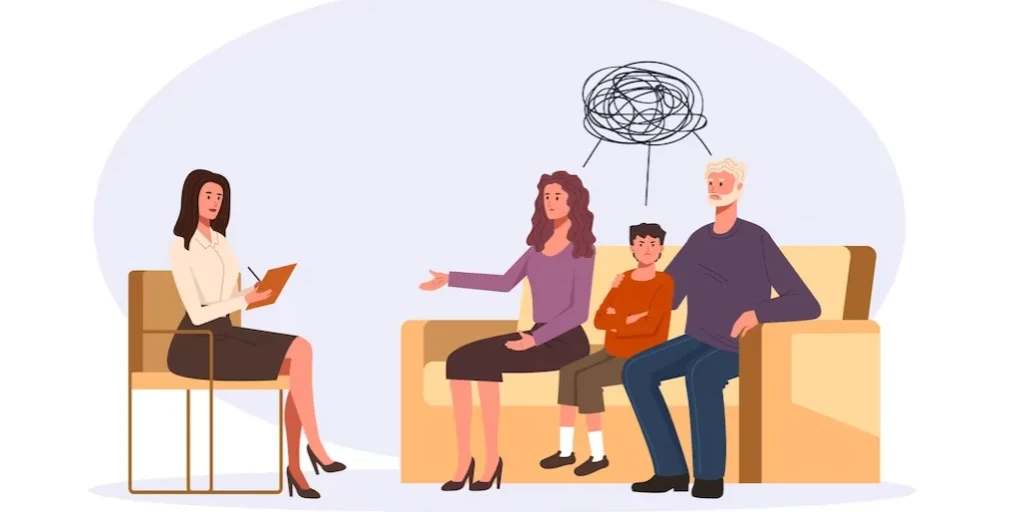24/7 Helpline:
(866) 899-221924/7 Helpline:
(866) 899-2219
Learn more about Eating Disorder Treatment centers in Lewiston
Eating Disorder Treatment in Other Cities

Other Insurance Options

Ambetter

MHNNet Behavioral Health

UMR

Cigna

Multiplan

WellPoint

United Health Care

Sliding scale payment assistance

EmblemHealth

Access to Recovery (ATR) Voucher

WellCare Health Plans

MVP Healthcare

Self-pay options

Choice Care Network
Beacon

Kaiser Permanente

Excellus

American Behavioral

PHCS Network

Group Health Incorporated











